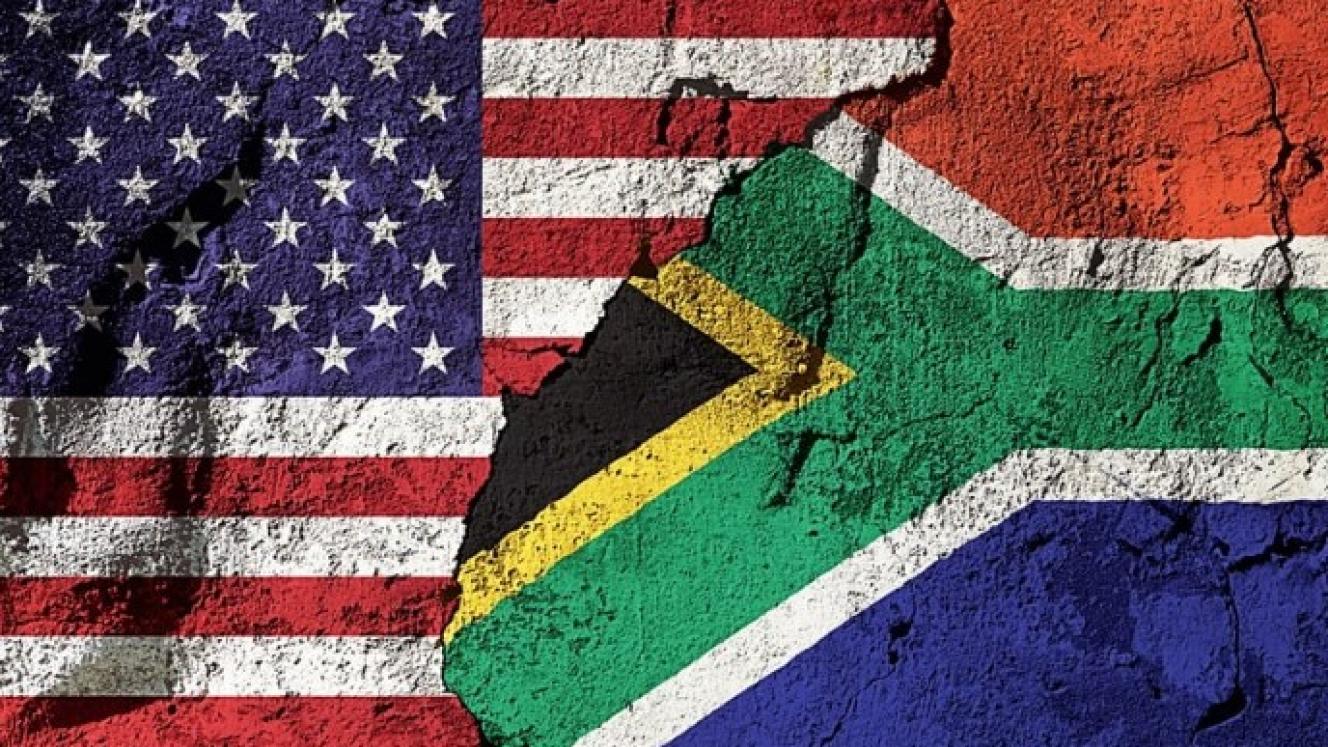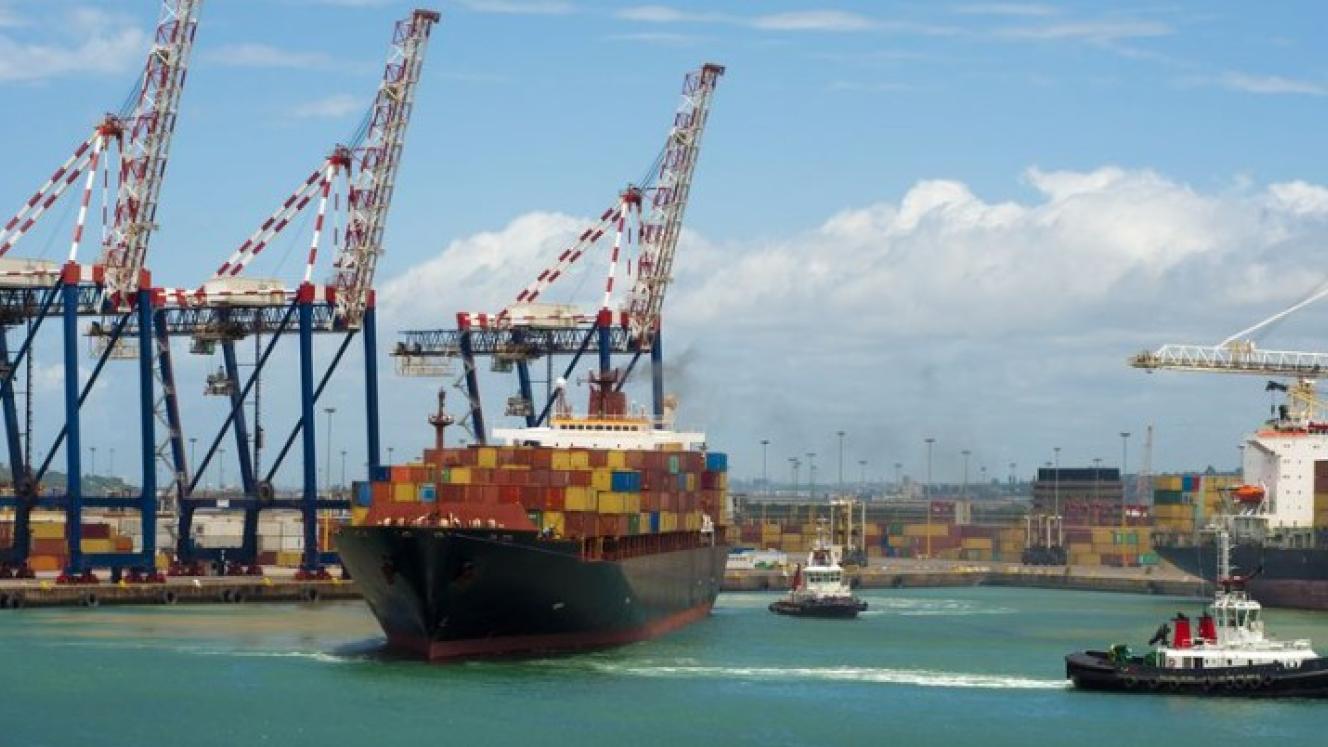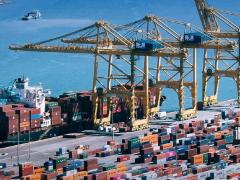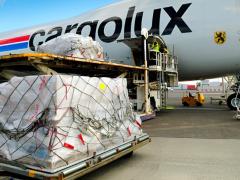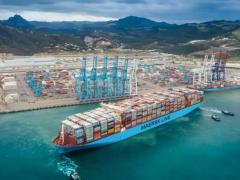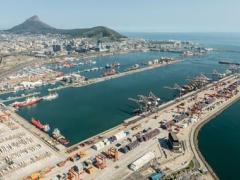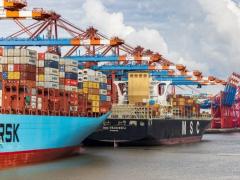South Africa is still waiting for a response from the United States regarding its proposed trade deal that includes a $3.3bn investment by private companies into the US’s mining and metal recycling sectors.
Department of Trade, Industry and Competition (DTIC) Minister, Parks Tau, said on Tuesday that the country was committed to concluding a trade deal with the US ahead of its deadline for the imposition of a 30% tariff on 1 August.
He revealed key elements of a deal South Africa has proposed, which includes importing $12 billion of liquefied natural gas (LNG), simplifying agricultural market access for US poultry exports and exemption of specific sectors from reciprocal tariffs.
Tau said the intention was to preserve existing supply chain arrangements, including the ship building and counter seasonal agricultural trade, which, although not indicated, could include citrus exports.
“The intersection of geopolitical, domestic and trade issues best defines the current impasse between South Africa and the United States, and a reset is unavoidable.
“South Africa took the decision not to retaliate to the reciprocal tariffs announced by the United States. We also want to reiterate that we have no intention of decoupling from the United States either. Our view is that negotiations remain the best tool to deal with the issues that are on the table.”
Tau said the country was not in a unique position, as the US was still finalising negotiations with 185 countries around the world ahead of the looming deadline.
“We have been in a period of intense negotiations with the United States. We have signed a condition-precedent document and have readied our inputs for entry into the template which is to follow from the US.”
Earlier this week, agriculture minister John Steenhuisen said the template proposed by the US, whereby new trade conditions would have been outlined, was never received from the office of the US Trade Representative, Jamieson Greer.
“Despite the challenges that have been presented by this period, we have put our best foot forward, bringing together the subject specialists within our ranks that have dug deep to ensure that our country is adequately prepared for a number of potential scenarios,” said Tau.
“We remain committed to the cause as we await substantive feedback from our US counterparts on the final status on our framework deal.”
Some of the key features of South Africa’s proposed deal that is now on the table include:
• Importing 75-100 petajoules of LNG for a 10-year period, unlocking $12 billion in trade.
• Agricultural market access by simplifying US poultry exports under the 2016 tariff rate quota to unlock approximately $91 million in trade. In addition, readiness to open market access for blueberries, subject to necessary protocols.
• South African firms committed to invest $3.3 billion in US industries such as mining and metals recycling, while both governments agreed to pursue joint investment in critical minerals, pharmaceuticals and agricultural machinery.
• Exemption of specific sectors from reciprocal tariffs to preserve supply chains. For example, ship building, counter-seasonal agriculture trade and exports from small, medium and micro enterprises of less than $1 million per annum.
“We have planned for these scenarios and have not sat idle,” Tau said.
“We are working with other government departments on a response plan which includes a support desk within the DTIC. Our response package also focuses on demand-side interventions in the impacted industries.
“The way forward is clear. President Ramaphosa has expressed our willingness to reset the trade relationship with the US and develop a solution which is mutually beneficial. The DTIC has made this issue an apex priority since well before 2 April, and we have centred South Africa and her people as our non-negotiable.”
US Commerce Secretary Howard Lutnick said on Sunday that there would be no extensions granted to the 1 August deadline for imposing tariffs on its trading partners. Only five other countries have reached a deal with the US.
